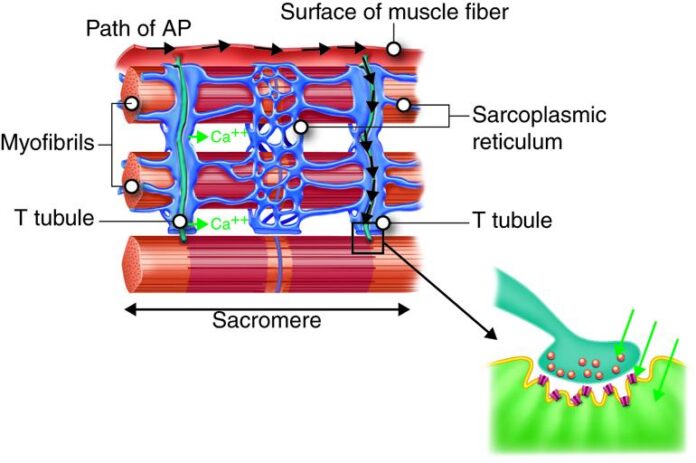
Diabetic nephropathy is a serious complication of diabetes that affects the kidneys. It occurs when high levels of sugar in the blood damage the blood vessels in the kidneys, leading to kidney damage and ultimately kidney failure if left untreated. Recognizing the symptoms of diabetic nephropathy early is crucial in order to prevent further damage and improve outcomes for patients. In this article, we will discuss the warning signs of diabetic nephropathy and why it is important not to ignore them.
Diabetic nephropathy is a leading cause of chronic kidney disease in the United States, affecting approximately one-third of all people with diabetes. It is important to recognize the symptoms of this condition early so that proper treatment can be initiated to slow down the progression of kidney damage. Common symptoms of diabetic nephropathy include swelling in the hands, feet, or face, high blood pressure, decreased appetite, nausea, vomiting, and weakness. It is also common for patients with diabetic nephropathy to experience frequent urination, especially at night, and have foamy or bubbly urine.
One of the most important warning signs of diabetic nephropathy is high blood pressure. High blood pressure can damage the blood vessels in the kidneys, leading to kidney damage over time. It is important for people with diabetes to monitor their blood pressure regularly and seek treatment if it is consistently elevated. Lifestyle changes such as reducing salt intake, exercising regularly, and maintaining a healthy weight can help lower blood pressure and reduce the risk of developing kidney damage.
Another important symptom of diabetic nephropathy is proteinuria, or the presence of excess protein in the urine. The kidneys are responsible for filtering waste products and excess fluids from the blood, but when the blood vessels in the kidneys are damaged, protein can leak into the urine. Proteinuria is an early sign of kidney damage and should be monitored closely by a healthcare provider. In some cases, medications called angiotensin-converting enzyme (ACE) inhibitors or angiotensin II receptor blockers (ARBs) may be prescribed to help reduce proteinuria and protect the kidneys from further damage.
It is important to recognize the symptoms of diabetic nephropathy early so that proper treatment can be initiated to slow down the progression of kidney damage. If left untreated, diabetic nephropathy can lead to end-stage renal disease (ESRD), which requires dialysis or a kidney transplant to survive. It is estimated that over 30% of people with diabetes will develop ESRD at some point in their lives if their diabetes is not well-controlled.
In addition to monitoring blood pressure and proteinuria, it is important for people with diabetes to have regular check-ups with their healthcare provider to monitor kidney function. Blood tests such as serum creatinine and estimated glomerular filtration rate (eGFR) can help determine how well the kidneys are functioning and if any changes in treatment are necessary. It is also important to maintain good control of blood sugar levels through diet, exercise, and medication to reduce the risk of developing diabetic nephropathy.
In conclusion, recognizing the warning signs of diabetic nephropathy is crucial in order to prevent further kidney damage and improve outcomes for patients with diabetes. High blood pressure, proteinuria, and other symptoms such as swelling, nausea, and weakness should not be ignored and should be promptly addressed by a healthcare provider. By monitoring blood pressure, proteinuria, and kidney function, and maintaining good control of blood sugar levels, people with diabetes can reduce their risk of developing diabetic nephropathy and prevent complications associated with this condition. Don’t ignore the warning signs of diabetic nephropathy – early detection and treatment can make a significant difference in the long-term health and well-being of individuals with diabetes.

















